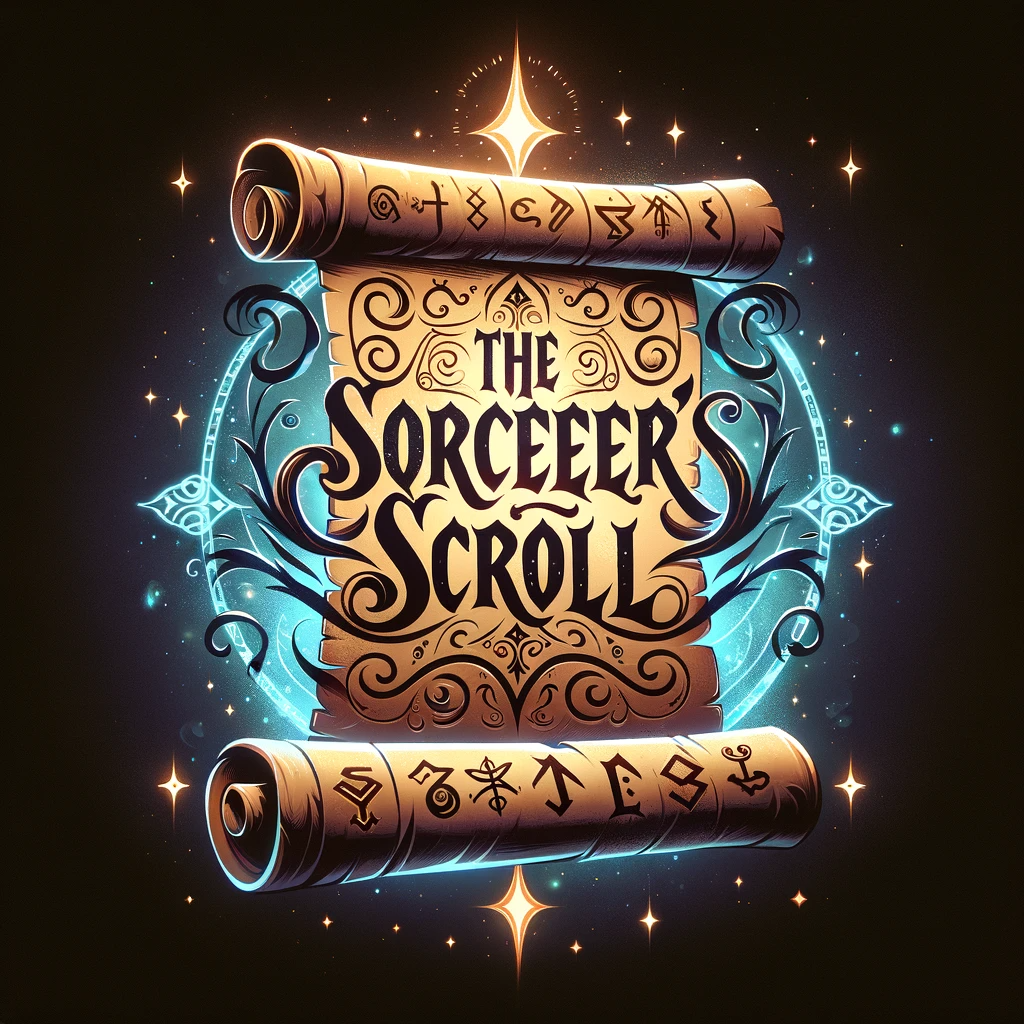Query Letters—some things I’ve learned from listening to other people.
I might write a query letter soon, but for now, I’m sticking with Indie Publishing. Truly though, these tips just make sense, so I thought I’d share to help others who might benefit from the knowledge.
Your book is part of a brand!
To sell books, you must recognize that a book is part of your brand as an author. Yes, to an agent or publisher, your book is another product. They want to know why this book—your product—is saleable and why they should buy it. As the author making the pitch, you need to understand and professionally communicate that, and only that.
Joanna Penn at The Creative Penn states that a brand is your promise to the reader. More specifically, she states that a brand is everything that people notice about you, the author. It is present in every word you write, in the fonts and colors you choose, and any imagery you choose for your products (the books). Well, this last point is more for the indie authors as you’ll see with my next point about the art project. Your brand is the way people feel when they read your book or visit your website or see you in public.
There are ways to develop your brand, and if you’re at that point in your journey, check out Joanna Penn’s article on developing your author brand.
For my brand, I want people to see me as adept at building worlds and bring them to life through strong characters. For those reasons, I started a blog centered on worldbuilding. My goal is to explore topics that help flesh out the containers for the story itself. The fun part is that it gets my creative juices flowing and ends up enhancing my work. Check out my articles on worldbuilding here. Occasionally, I will also review books that I feel have thoroughly developed worlds, and it’s even better if they are indie published.
Keep your query letter professional!
Selling a book to an agent is not an art project. Your query letter should include nothing but text—consistently formatted from you (a professional author) to the agent (another professional). The agent’s job is to sell the story to a publisher. They don’t need ideas on the cover or the images you think about when you think of your story. According to Kathy Ver Eecke of https://donebylunch.com/ (who has spent her career helping entrepreneurs build their brands), you shouldn’t even suggest that you have an idea for the cover design. It could hurt. It shows that you’re not focusing on the story and why the agent/publisher should buy this story.
When you construct the actual query letter, take the time to make certain there aren’t any obvious errors. Follow the agent’s specific rules. Research each one and do EXACTLY what they ask for. And do not send them on a mission to find anything outside of your query. This includes links to your website and additional attachments. Be succinct. Also, you have your book proofread, right? Why on earth would you consider submitting a query that has not been proofed? Typos will kill your query before it even gets started.
I took tons of notes on this topic, and to keep the information consumable, I will be posting some more of my second-hand wisdom (a.k.a. research) in another post. Sign up to my email list below to be notified when this comes out.

